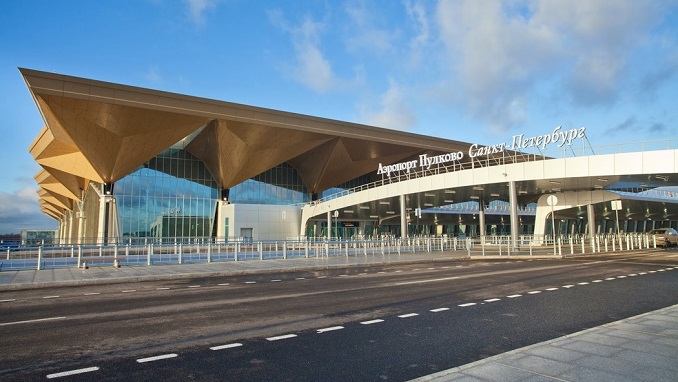After years of lobbying for the introduction of a partial open-skies regime, the operator of St Petersburg’s Pulkovo Airport, Northern Capital Gateway (NCG), has finally gained government approval for the move, Kommersant reports.
NCG sees the open-skies regime, which in general is the liberalization and ease of access and rules of use of national airports for foreign airlines, as a way to boost the airport’s traffic.
Of 33 routes suggested by NCG for the so-called seventh-freedom traffic rights, the country’s transport ministry has now approved a dozen or so, Kommersant wrote. The operator believes such liberalization will attract European low-cost carriers to Russia’s fourth busiest airport, and also drive down airfares. On the downside, the measure may also damage local airlines’ business prospects.
Russia’s deputy PM Maxim Akimov, who supervises the country’s transport industry, has expressed support for introducing the open-skies regime as a trial project at St Petersburg, Russia’s second-largest city. The seventh-freedom of the air in ICAO terms allows airlines to carry passengers or cargo between two foreign countries without any continuing service to/from the carrier’s own base country. For example, an Irish airline could launch flights between St Petersburg and Paris, without the need to transit Dublin.
Fifth-freedom traffic rights, which entitles airlines to board passengers at a stopover during a flight between their country of origin and a third country, was also on the agenda, but no decisions have yet been finalized.
In July, the St Petersburg administration joined NCG in its effort to justify the open-skies case with the federal government and managed to win President Vladimir Putin’s support.
The move would enable the airport to boost its traffic by 75 percent, bringing it to 35 million passengers annually by 2025. However, the current position is only a partial solution, as the government is also searching for a suitable compromise to protect the interests of Russian airlines, Kommersant wrote.












